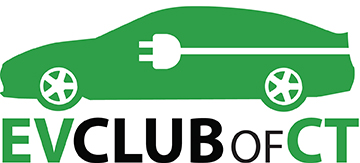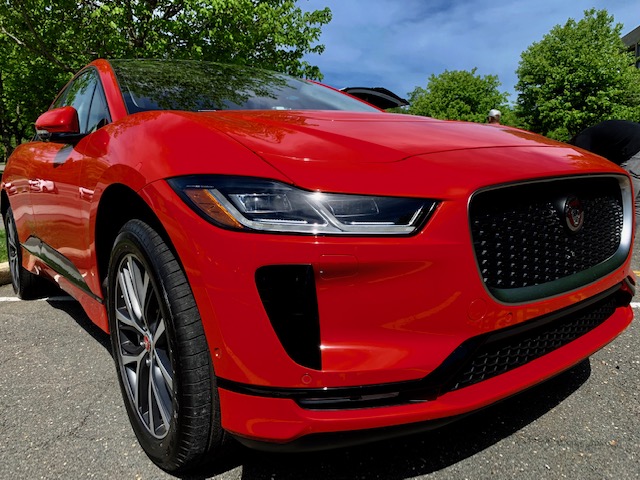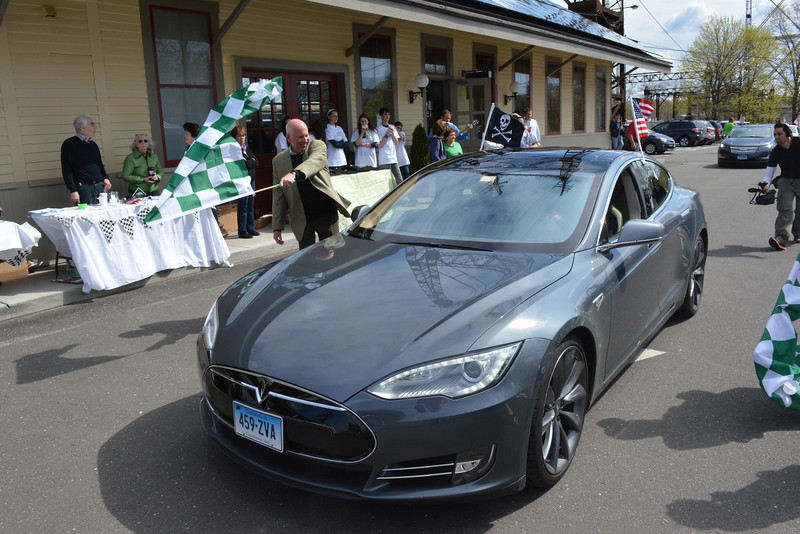SB 127 Direct Sales Bill Public Hearings Held on 2/19
SB 127 – Permit EV Exclusive Manufacturers to Sell Direct in CT A virtual public hearing was held yesterday by the legislature for this bill. Both written and oral comments were solicited. Of the 76 … Read more





